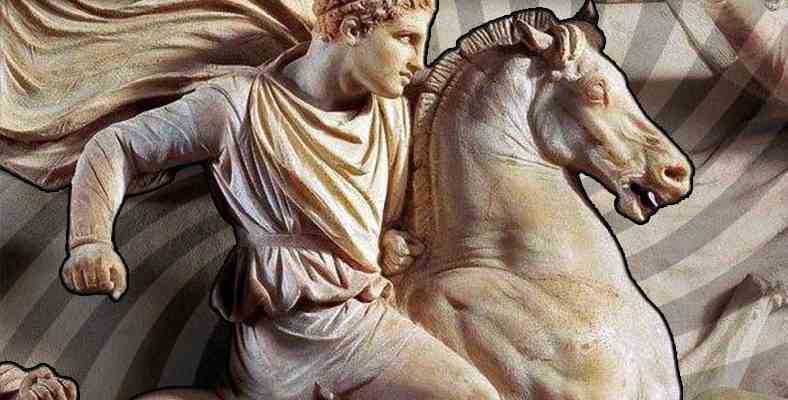Known for successfully blending the cultures of the eastern and western regions he conquered, Alexander the Great, King of Macedonia, has been legendary as a demigod in most narratives, thanks to his superior skills as well as the Hellenistic culture he created. Let’s take a closer look at who Alexander the Great is and see the details of his life that changed world history.
There are many important philosophers, soldiers, commanders and leaders in history, but very few people have all these features together; Alexander the Great was one of those few. who lived thousands of years ago Alexander the Great, King of Macedonia In addition to preserving the culture in the places he conquered throughout his life, he established Hellenism, which is a bridge between east and west.
It is said that Alexander the Great was a man of superior abilities even as a child. Considering his successes afterwards, Historians describe him as a person endowed with divine abilities. Moreover, even he considered himself a demigod. Let’s not go further, and let’s look for the answer to the question of who is Alexander the Great, one of the most important names in history, in his interesting life.
Who is Alexander the Great? A young prince who took lessons from Aristotle:
Macedonian III. Alexandros, or Alexander the Great as we all know him, is thought to have been born in Pella, in the Ancient Macedonian Kingdom, in 356 BC. His father was King II. Philip and his mother Olympia they made sure he got a good education at a very young age where they wanted him to be a great leader.
Alexander received battle and horse training from Leonidas of Epirus. Lysimachus of Acarnania taught him to read, write and play the lyre. Moreover, one of the most important philosophers in history, Greek philosopher Aristotle commissioned by the king and taught Alexander until he was 16 years old. It is thought that Alexander laid the intellectual foundations of Hellenistic culture in this period, even if the communication between the two was broken afterward.
He is described as a demigod in history:
Alexander was an incredibly strong and talented child. In addition to being inherently sublime, It is said that he rode the wild horse Bucephalus when he was only 11 years old. Alexander the Great, who thought that all his achievements were a gift from God, called himself the son of Zeus. Thus, he was descended from Achilles and Hercules.
Okay, Alexander was an incredibly talented person and it’s normal to be told that way, His father had already left him a very powerful kingdom. but seeing himself like this is actually a childhood tale. His mother had told him that he had been born as a virgin, impregnated by Zeus. She even said that the night she was born, the stars shined again and the temple of Artemis was destroyed. So, the legend of Alexander was actually started by his mother.
Alexander the Great becomes king at a young age and successes come one after another:
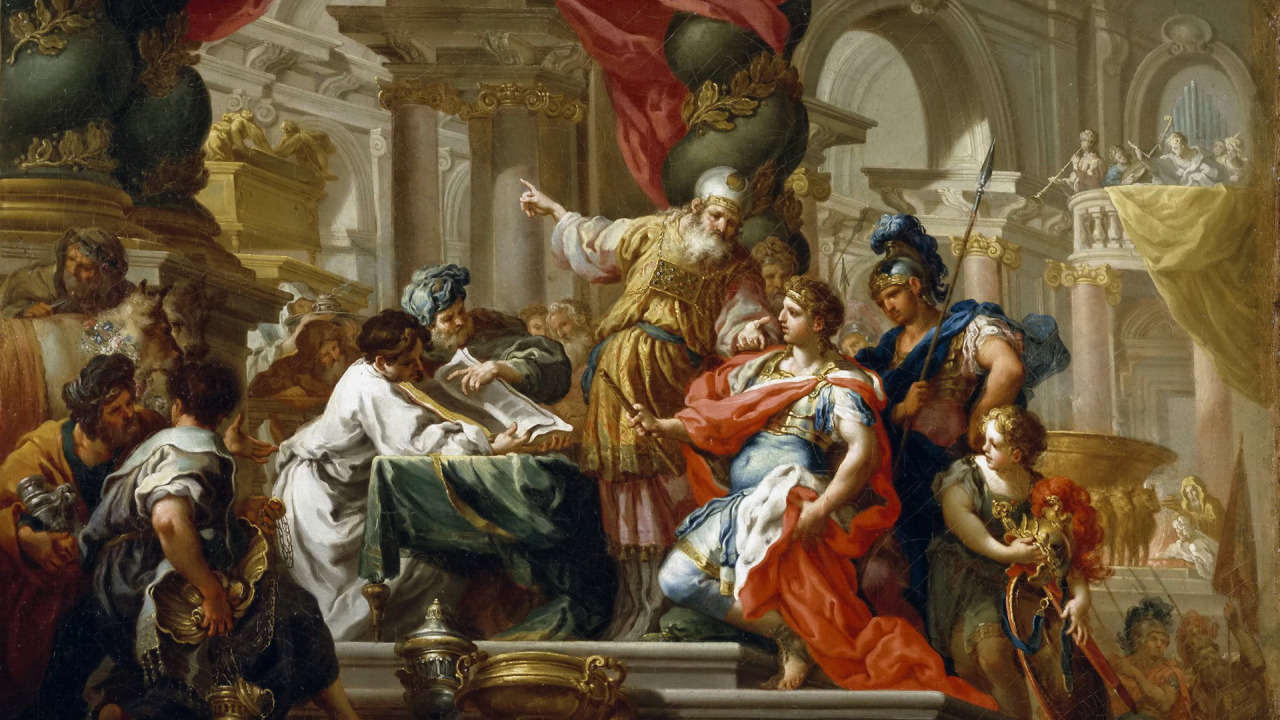
Alexander the Great achieved his first military success in 338 BC. He won the Battle of Chaeronea at the age of 18. When his father died in 336 BC and became king, he took the throne and this success made it easier for the people to get used to the young king. Alexander had his sights set on the Persian kingdom, wanting to complete his father’s unfinished business.
Alexander the Great, who crossed Anatolia rapidly with his army of nearly 40 thousand people, King of Persia III in 333 BC. He faced Darius. He defeated the much more numerous Persian army and captured the ancient city of Tyre. Two years later he conquered Egypt, founding the city of Alexandria there, and was declared the son of the Egyptian god Ammon. Now he was close to the Persian kingdom and had his eyes set on Syria.
His goal was not to be an invader, but to become a god:
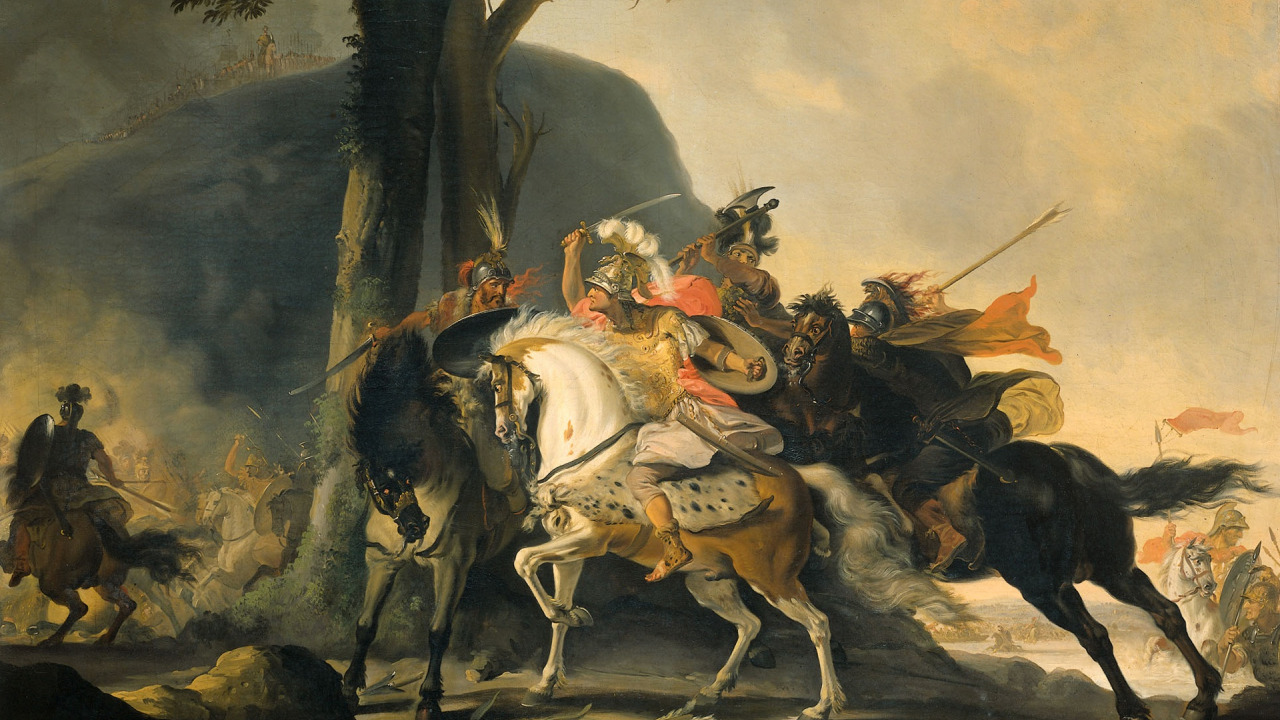
Alexander the Great and his army once again in 331 BC. He faced Darius. shortly after conquering the cities of Babylon and Susa He also owned the city of Persepolis. Alexander the Great, who declared himself King of Asia, began to advance decisively towards Afghanistan.
He won cities such as Bactria and Satya between 330 and 327 BC as a result of a great struggle. He destroyed the Scythians and founded new cities in the region. The purpose of Alexander the Great was not to destroy, but to build new cities. Thus, he would introduce himself to these people as a creator god.
There were those who tried to kill God:
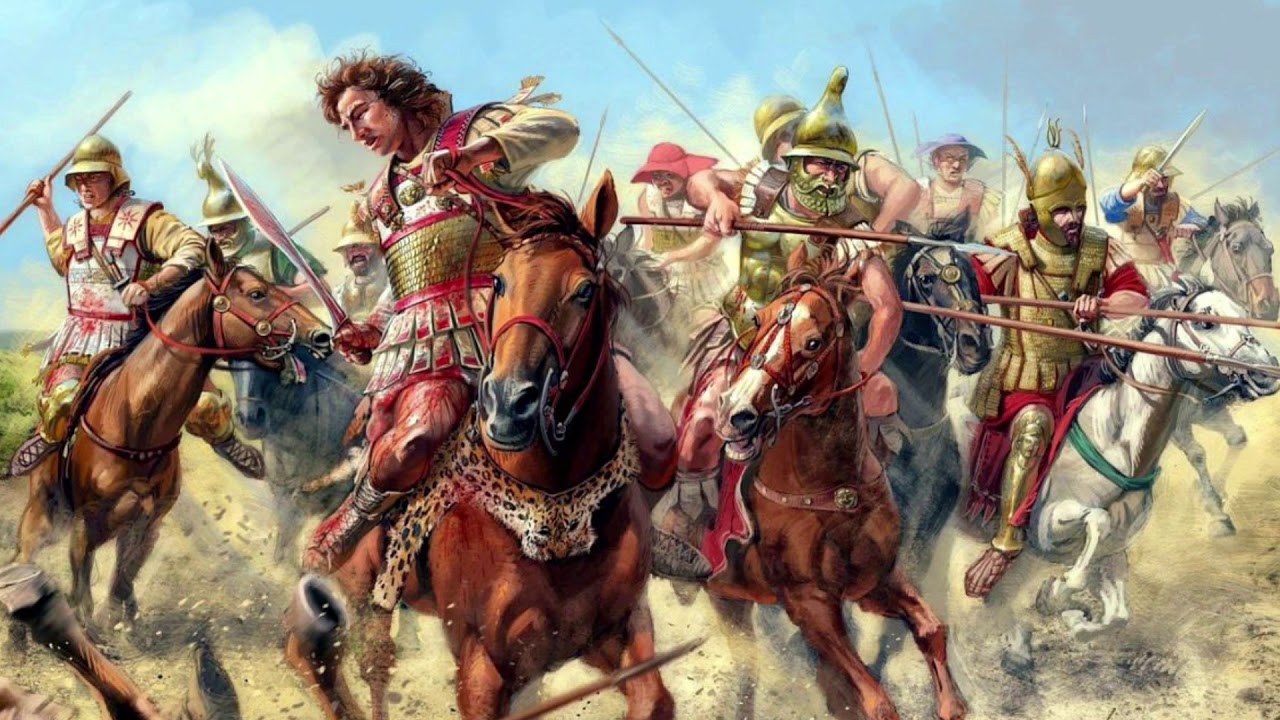
Being a successful commander at the head of an army is one thing, being a man who thinks he is a god is another. For this reason, in 327 BC, Alexander the Great was attacked by his own army. There have been many assassination attempts. He killed his closest friends, Kallisthenes and Cleitus, on the grounds that he had fingers in them.
These two names had indeed betrayed Alexander the Great. Because Alexander blatantly forgetting western traditions and getting closer to Persian culture. The death of the duo was somewhat interesting. Alexander the Great was a heavy drinker and changed when he got drunk. Again, such a drunken moment had Callisthenes imprisoned, and killed Cleitus without hesitation by thrusting a spear into his chest. Alcohol is indeed the root of all evil.
The Indian expedition was one of the most difficult battles:
Alexander the Great, whose first target was to take control of the Persian Empire, Now he had his eyes set on India. He had to fight many rebel tribes as he marched step by step with his army. He continued his conquests on the Ganges River by winning the war with the Pauravas King Porus, albeit hard.
But his army had suffered great losses in the last war, and the soldiers no longer obeyed him. Alexander the Great, who could not suppress the rebellion that broke out in the army Finally, he accepted their request and sent back half the army. With the other half, he continued his struggle with the rebellious tribes, advancing towards the Gedrosian Desert. He suffered such great losses that he had to give up his conquest of India.
When Alexander the Great returned, things were not as he had left them:
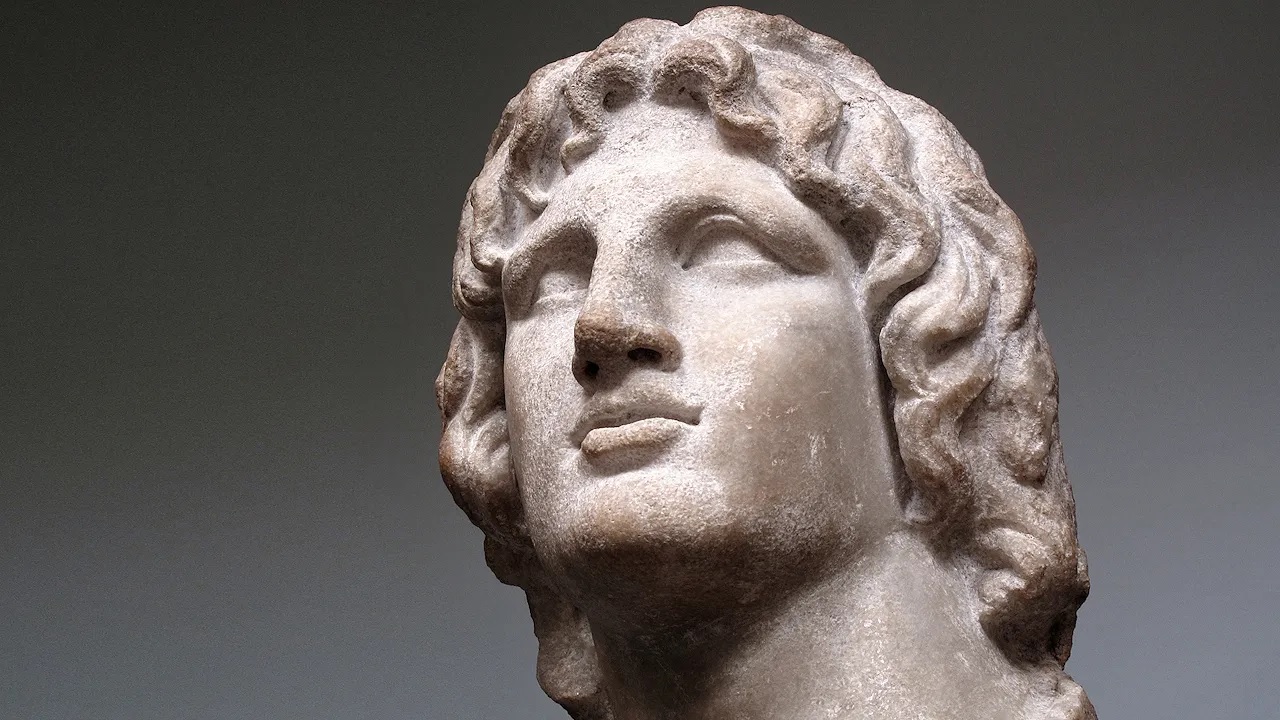
When Alexander the Great returned to Susa, the Macedonian commanders to whom he entrusted the administration were not at all what he thought. He is not at peace with Persian culture, On the contrary, when he saw that they were persecuting the people by misusing their power, he gave many death sentences one after the other. However, as he was determined to establish the Hellenistic culture, he followed different paths.
Alexander the Great married the daughter of a former Persian king in 324 BC. at the same wedding ceremony He also married his important commanders to other Persian princesses and noble women. He gave Macedonian titles to Persian officials and Persian titles to Macedonian officials. Despite everything, the fact that he considered himself a Persian was criticized by the Macedonians.
How Alexander the Great died is unknown even today:
When Hephaestion, one of Alexander the Great’s favorite friends and commanders, who is said to have had a gay lover in some sources, died. Alexander entered a period of great mourning and returned to Babylon. He died a short time later in June 323 BC at the age of 32.
There is no definite answer to the question of how Alexander the Great died. Some sources say that he was poisoned, had malaria, had meningitis, and drank dirty water, but there is no definite information. After his death, his lands were shared between his four great commanders and ruled by their dynasties for many years.
The interesting thing is that the Hellenistic period that Alexander the Great dreamed of began after he died. During this period Greek culture and the culture of the eastern peoples intertwined. Westerners and Easterners were encouraged to marry each other. Even if it wasn’t fully realized, Alexander the Great’s commanders heeded his will and resolved their problems with as few wars as possible.
One of the greatest commanders in history Who is Alexander the Great We talked about interesting details about his life by answering his question. Even if his dream is good, trying to spread culture with tens of thousands of armed men doesn’t seem to make much sense either.
